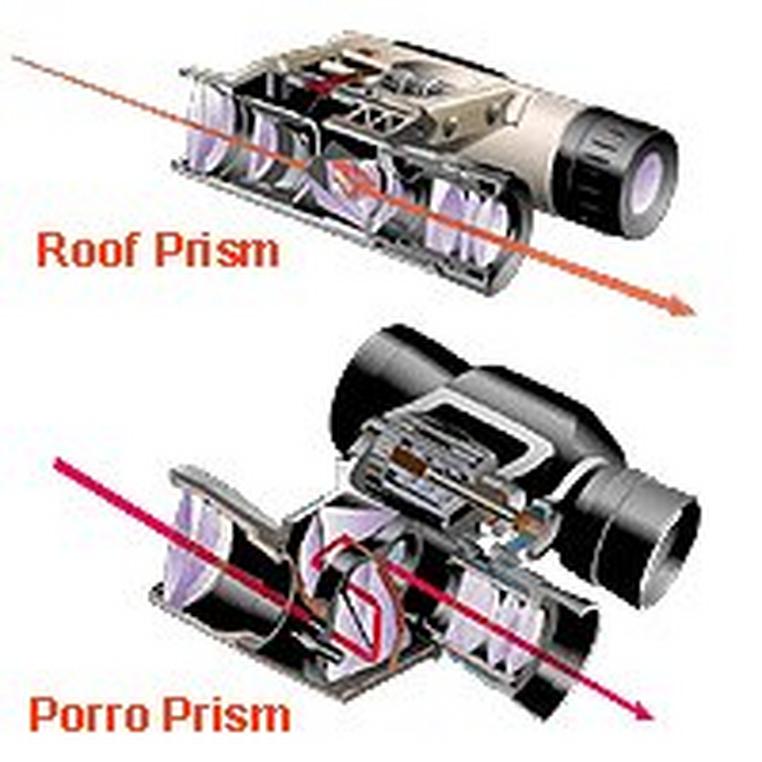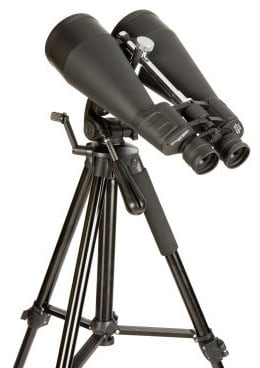Exactly How to Correctly Take Care Of and Preserve Your Binoculars
Exactly How to Correctly Take Care Of and Preserve Your Binoculars
Blog Article
The Value of Binoculars in Education And Learning and Scientific Study: Exactly How These Optical Instruments Contribute to Knowing and Exploration
The assimilation of field glasses right into instructional setups and clinical research is typically overlooked, yet their payment to boosting empirical abilities is substantial. In techniques varying from ecological scientific research to astronomy, field glasses serve as necessary devices that advertise query and essential reasoning.
Enhancing Observational Abilities
In academic and research study settings, using binoculars considerably improves observational skills among students and specialists alike. These optical instruments facilitate a deeper understanding of remote topics, allowing individuals to observe details that would or else stay hidden. By utilizing binoculars, learners can analyze wildlife, expensive sensations, and geological formations, promoting a more profound connection to the subject.
Field glasses offer as vital tools in area research studies, motivating students to involve actively with their environment. Via improved monitoring, they can gather information much more effectively, leading to enhanced analytical abilities. This hands-on experience enables for the growth of important thinking, as pupils need to interpret what they see and connect it to theoretical knowledge.

Bridging Theory and Method
Empirical abilities developed with making use of field glasses normally result in a much more extensive integration of theoretical understanding with functional application. By participating in straight observation, learners can transform abstract concepts right into concrete experiences. This harmony promotes a deeper understanding of clinical concepts as pupils connect theoretical frameworks with real-world phenomena.
For instance, when examining bird biology, pupils can use their knowledge of bird anatomy and habits with the lens of binoculars, observing qualities such as plumage variant, feeding routines, and migratory patterns. This straight involvement not only strengthens theoretical ideas however likewise cultivates vital reasoning and analytical skills.
Moreover, making use of binoculars encourages students to create theories based on their observations, thereby boosting their clinical query skills. They can actively test these theories in the area, resulting in a more experiential discovering setting that advertises interest and exploration.
Basically, field glasses serve as a vital device in bridging the void between classroom understanding and fieldwork - Binoculars. They equip students to end up being active individuals in their education and learning, motivating a holistic strategy to comprehending the environment and its complexities. Therefore, the integration of concept and technique is vital for fostering educated and engaged students
Applications in Environmental Science
Using field glasses in environmental science enhances the capability to observe and analyze ecological communities with greater precision. These optical tools are vital for conducting field researches, enabling scientists to monitor wildlife populaces, assess plant health, and examine environment conditions without disrupting the natural surroundings. Binoculars assist in the recognition of varieties at different distances, allowing scientists to gather vital data on biodiversity and behavior.
In ecological study, field glasses are indispensable devices for ornithologists researching avian behavior and migration directory patterns. They allow scientists to videotape observations over extended periods, adding to useful longitudinal researches - Binoculars. In addition, binoculars play a vital function in habitat evaluations, as they enable the thorough monitoring of plant neighborhoods and their communications within environments
Ecological instructors additionally take advantage of field glasses, as these tools boost experiential understanding possibilities. Pupils can involve straight with their surroundings, promoting a deeper gratitude for ecological systems. By incorporating binoculars right into instructional programs, teachers can influence the next generation of environmental scientists.
Duty in Astronomy Education And Learning
Making use of field glasses in astronomy education offers an accessible gateway for pupils and fanatics to check out celestial phenomena (Binoculars). Unlike huge telescopes, field glasses are portable, user-friendly, and reasonably inexpensive, making them an ideal initial tool for observing the night skies. Trainees can easily involve with the universes, promoting a hands-on learning experience that boosts their understanding of huge ideas
Field glasses allow customers to observe a variety of holy items, consisting of the Moon, planets, and celebrity clusters. Significantly, field glasses serve as a bridge to a lot more intricate astronomical tools, providing foundational experiences that can trigger much deeper rate of interest in the area.
In educational settings, led binocular sessions can promote group cooperation and conversation, enhancing the discovering experience. The common experience of observing celestial bodies can cultivate a feeling of area amongst learners. Generally, field glasses play an essential function in debunking astronomy, making it approachable and interesting for people at all levels of education and learning.

Inspiring Inquisitiveness and Questions
Field glasses not only promote the observation of celestial sensations but likewise stir up a sense of interest and questions among trainees. By supplying a closer take a look at remote things, binoculars motivate students to ask inquiries and explore the environment around them. This device changes easy learning into an active, appealing experience, cultivating a much deeper understanding of scientific concepts.
When trainees use field glasses to observe wild animals, landscapes, or expensive things, they develop observational skills that are link important for clinical questions. The act of concentrating on certain information motivates them to formulate hypotheses, conduct investigations, and reason based upon their monitorings. This procedure not just boosts their essential assuming capacities yet additionally supports a long-lasting interest for expedition.
Moreover, field glasses can connect the gap in between academic understanding and real-world application. Inevitably, the usage of field glasses in educational setups offers as a catalyst for inquisitiveness, equipping students to seek understanding with excitement and promoting a sense of marvel about the globe around them.
Final Thought
In recap, binoculars act as necessary tools in education and learning and scientific study, substantially enhancing empirical skills while connecting the gap in Learn More between theoretical understanding and sensible application. Their diverse applications in fields such as environmental science and astronomy underscore their relevance in promoting inquisitiveness and query amongst students. By promoting comprehensive examinations of remote subjects, binoculars not just inspire the future generation of researchers but likewise grow a profound recognition for expedition and the scientific technique.
Report this page